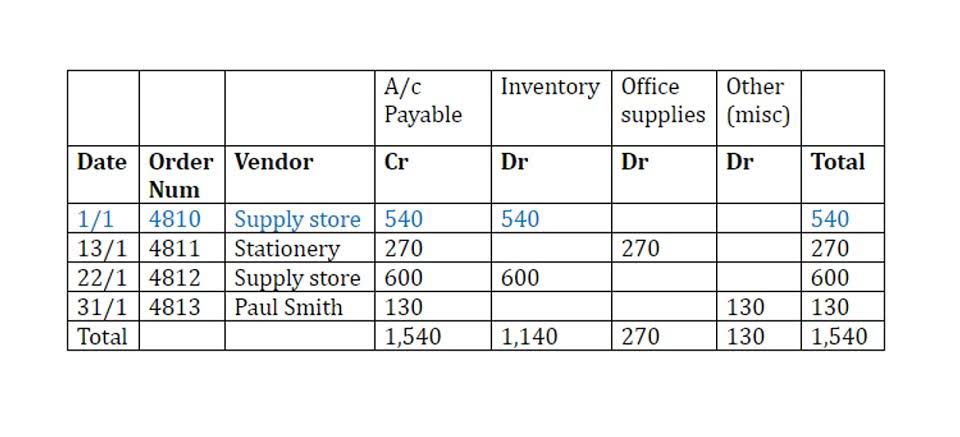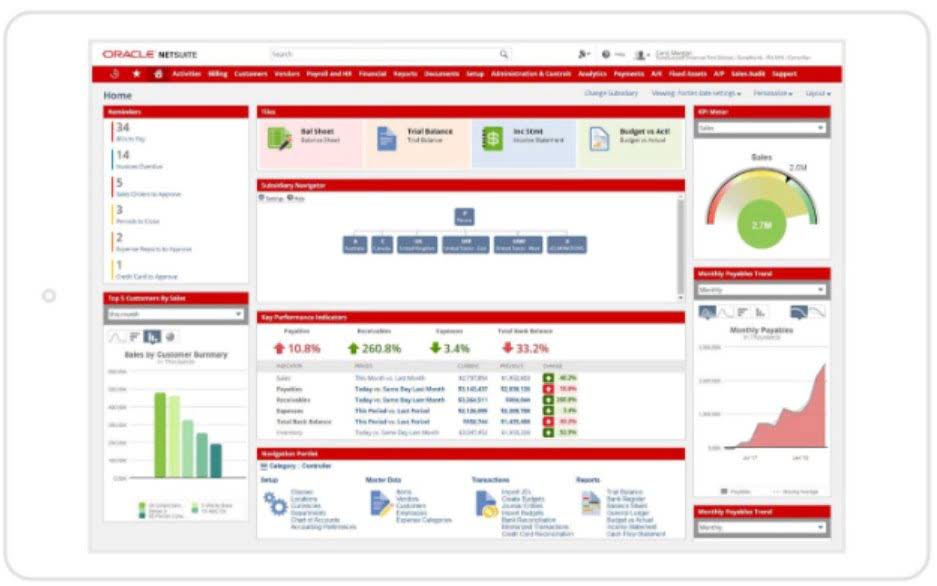
To learn a foreign language like Accounting, you need quite a bit of practice in the basic foundations (grammar, syntax, idioms, etc.). This material is absolutely essential for being able to read and to understand books written in the language (in our case, financial statements.). Then, we will cover the balance sheet equation and define/discuss Assets, Liabilities, and Stockholders’ Equity. We will introduce debit-credit bookkeeping and do lots of practice in translating transactions into debits and credits. Basic accounting concepts used in the business world encompass revenues, expenses, assets, and liabilities. Accountants track and record these elements in documents like balance sheets, income statements, and cash flow statements.
Learning the Principles of Accounting
All users will quickly understand the format as it is applied the same to each chapter. This helps provide consistency for students learning introductory accounting. The statement of comprehensive income is one of the five financial statements required in a complete set of financial statements for distribution outside of a corporation. The accrual method recognizes revenue and expenses on the day the transaction takes place, regardless of whether or not it’s been received or paid. This method is more commonly used as it more accurately depicts the performance of a business over time.

Perfect for Employees, Bookkeepers, Students, Accountants, and Small Businesses

In this module, you will learn about the accounting cycle and how bookkeepers use the general journal and general ledger to record and keep track of business transactions. The term is sometimes used alongside “operating cost” or “operating expense” (OPEX). OPEXs describe costs that arise from a company’s https://www.bookstime.com/ daily operations. Accountants use multiple formats when creating balance sheets including classified, common size, comparative, and vertical balance sheets. Each format presents information as line items that, when combined, provide a snapshot summary of the company’s financial position.
About the Book

Accountants use “initial inventory plus purchases, minus ending inventory” as a basic accounting formula for calculating COGS over a specific accounting period. Working capital defines the sum that remains after subtracting current liabilities from current assets. Equity capital specifies the money paid into a business by investors in exchange for stock in the company. Debt capital covers money obtained through credit instruments such as loans. The textbook adequately refers to the international accounting standards. That is the only cultural relevance which is relevant to introductory financial accounting.
- Your business may need to work with a certain specialty based on their needs.
- This means that curiosity and deductive reasoning skills are also useful.
- Similar to other processes and strategies across your business, I’m of the opinion that constantly reviewing and evaluating your accounting methods is also essential.
- Tax day and the financial year are big markers for the organizations you work with.
- Essentially, debits and credits track where the money in your business is coming from and where it’s going.
This textbook is an adaptation by Athabasca University of the original text written by D. It is intended for use in entry-level college and university courses in financial accounting. A corporate approach is utilized consistently throughout the book.
Accounting Courses for Beginners
Technically, you should be doing it every day, but we all know life can get in the way. Ideally, you should complete your bookkeeping every month so you can keep a thumb on the pulse of your income, expenses, and overall business performance. For your first order of business, decide where to keep your money.
- Each transaction recorded in a general ledger or one of its sub-accounts is known as a journal entry.
- We will introduce debit-credit bookkeeping and do lots of practice in translating transactions into debits and credits.
- In essence, business accounting is the foundation for sound financial management and long-term business success.
- Debits and credits are terms used in accounting and bookkeeping systems for the past five centuries.
- Our Practice Quizzes will help you assess your understanding of each Explanation and improve your retention.
- It’s another important account term that refers to the day-to-day recording, categorizing, and reconciling of transactions.
A company’s revenue, which is reported on the first line of its income statement, is often described as sales or service revenues. Hence, revenue is the amount earned from customers and clients before subtracting the company’s expenses. Learning to manage finances, whether in a personal or business context, is an incomparable skill. Simply put, learning accounting is understanding how to manage financial transactions.
Accounting 101: Accounting Basics for Beginners to Learn
I keep track of this on a cash flow statement, which helps me see how well my company is managing its cash. Capital refers to the money I have to invest or spend on growing my business. Commonly referred to as “working capital,” capital refers to funds that can be accessed (like cash in the bank) and don’t include assets or liabilities. I wrote this basic accounting guide to ease you into the world of financial management. By the end, you’ll feel ready to tackle your own business’s accounting — or at least navigate the fundamentals with confidence. In this final module for Course 1, you will gain an understanding of key accounting assumptions and principles and learn about the different types of accounting methods bookkeepers use.

An accountant is often faced with internal deadlines and audits. Plus, reviews of your financial health need to be accounting for beginners completed in a timely way. Also, if you have the funds, hiring an in-house accountant is my recommended option.